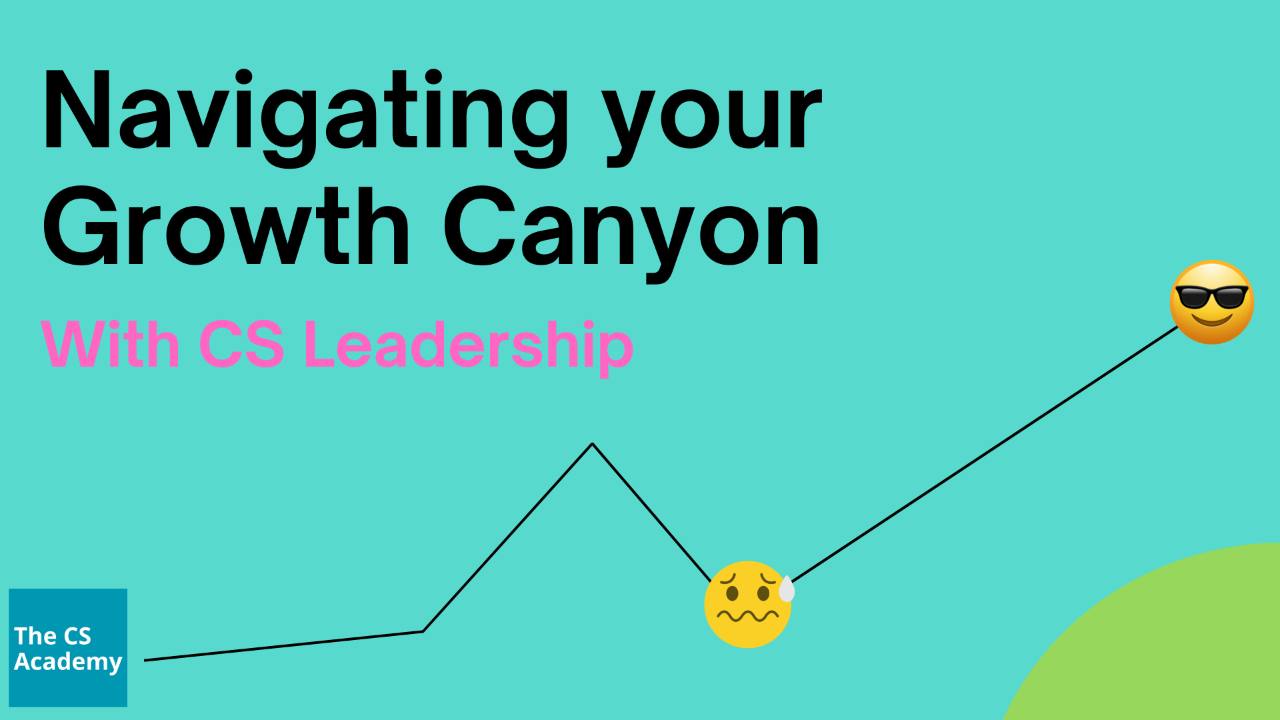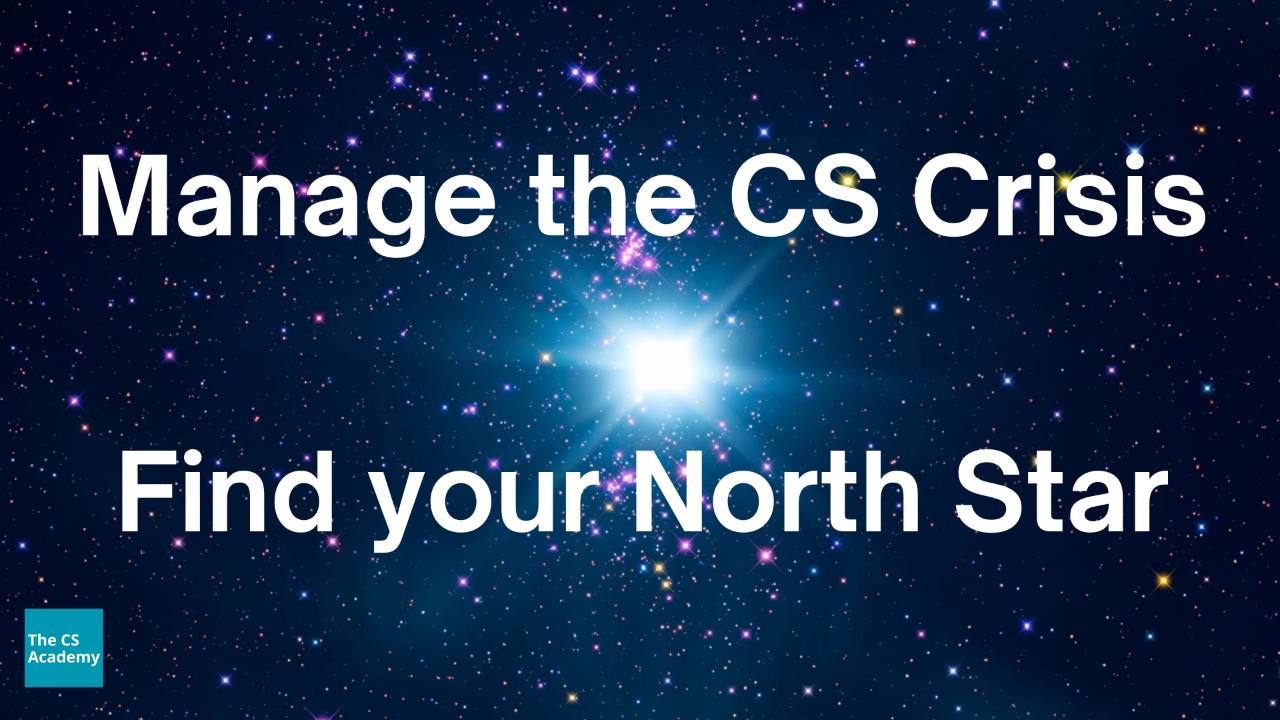A Love Affair - Customer Success meets Scalability

Let's examine the topic of scalability in business. This exploration often demands a profound change in mindset, particularly for scale-up leaders who have prioritised acquisition above all else. By weaving Customer Success strategies into their fabric, these organisations can cultivate a sustainable model that balances growth with customer satisfaction and long-term value.
Let’s consider the essence of Customer Success. It’s more than just a term that redefines itself and moves away from just being a cost centre; it embodies a strategic commitment to ensuring that customers achieve their desired outcomes AND for us to see ROI in the form of great net dollar retention.
The goal is to foster long-term relationships, reduce churn, and ultimately drive revenue growth. This involves proactive engagement—reaching out to customers, offering insights, and addressing potential issues before they escalate. In doing so, businesses can transform their clients into loyal advocates who not only remain engaged but also refer others, creating a ripple effect of growth.
Now, let’s explore scalability. This term refers to a business's ability to expand without being stymied by its structure or resources. Picture a nimble organisation that can increase its revenue while managing costs efficiently, adapting seamlessly to market demands without compromising service quality. For businesses aiming to broaden their reach, maintaining this balance is crucial, particularly in an age where customers expect more than just a product—they seek an experience, a value that is highly subjective and changes on a regular basis.
The real magic happens at the intersection of customer success and sustainability. Imagine a Customer Success team that actively engages with clients, checks in regularly, offers valuable insights, and resolves issues promptly. This proactive approach does more than just retain clients; it opens doors for upselling and cross-selling opportunities that are essential for scalability.
In the age of AI, organisations have access to a wealth of information about customer behaviour and preferences. By analysing this data, they can tailor their offerings to refine customer journeys, creating personalised experiences that resonate deeply. A scalable business harnesses these insights, streamlining processes and enhancing customer interactions in a way that feels bespoke and attentive.
However, for scalability to be truly sustainable, it’s imperative to cultivate a customer-centric culture throughout the organisation. Imagine a workplace where every department—from sales to product development—understands its role in supporting the customer journey. When every team is aligned around the goal of customer success, businesses can scale effectively while ensuring that high service levels remain intact.
Establishing regular feedback loops with customers is another vital component of this journey. Think of it as a continuous conversation where businesses actively solicit customer input to identify areas for improvement. This iterative approach ensures that as companies scale, they do so in harmony with customer needs and expectations.
As a Customer Success Manager or a CS leader, your role is pivotal in driving both customer satisfaction and the scalability of your organisation. Start by standardising processes to ensure consistency in customer interactions. Embrace technology that automates routine tasks, allowing you and your team more time to focus on strategic initiatives.
In your day-to-day work, segment your customers thoughtfully. Understand their unique needs and tailor your engagement strategies accordingly. High-touch approaches can be reserved for your most strategic accounts, while automated methods can cater to those who require less intensive support. Empower your team to take ownership of their roles, fostering a culture of initiative and responsiveness to customer needs.
Investing in training and development is equally essential. Equip your team with the tools and knowledge necessary to thrive in their roles. Regular training sessions on product updates and engagement techniques will prepare them for the scaling efforts ahead.
Finally, clear metrics to measure success should be established. Track key performance indicators like Net Promoter Score (NPS) and Customer Lifetime Value (CLV) to gauge the effectiveness of your Customer Success initiatives.
As we look toward 2025, integrating sustainable practices into the post-sales phase becomes imperative. By prioritising Customer Success and embracing a culture that values customer outcomes, organisations can achieve scalable, sustainable growth. This approach not only enhances customer satisfaction but also aligns with broader environmental and social goals, ensuring that businesses thrive responsibly and impactfully.
Let us remember that the true heart of business lies in the relationships we build and the value we create for our customers. By embracing this narrative, we can navigate the complexities of the modern business landscape and pave the way for a successful future.
Have a wonderful time and Happy New Year!





Responses